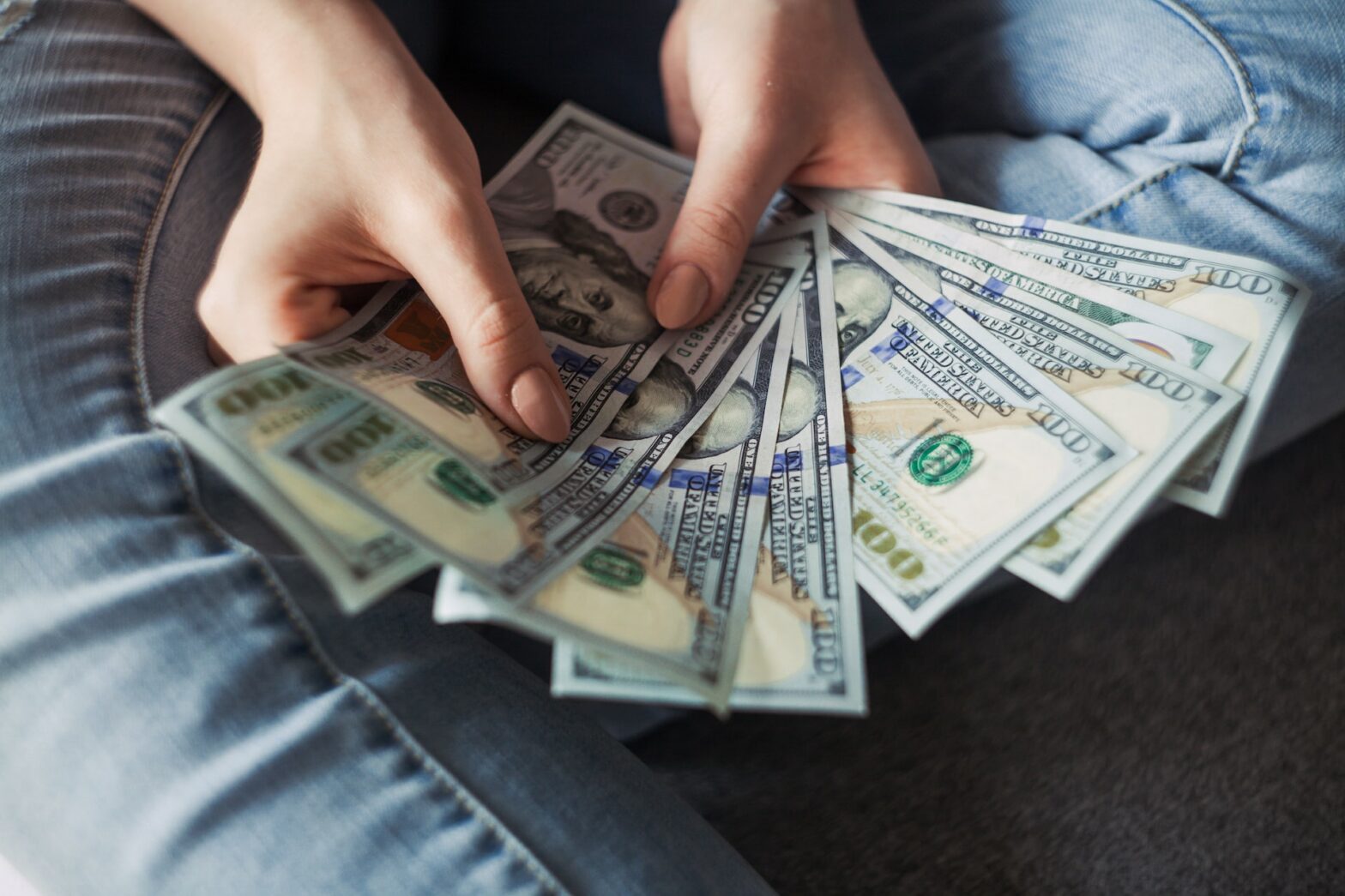Table of Contents
If you’re a musician or songwriter, you’re likely familiar with the term “music royalties.” These royalties play a crucial role in how you earn income from your creative work. In this guide, we’ll break down the various types of music royalties, shedding light on how each type functions and contributes to your revenue stream.
1. Mechanical Royalties:
Unveiling the World of Physical Music Imagine your musical masterpiece being reproduced onto physical formats like CDs or vinyl records. This is where mechanical royalties come into play. Every time your music is physically duplicated, whether through CD production or digital downloads, you earn mechanical royalties. It’s essentially a reward for the replication of your creative output.
2. Performance Royalties:
Your Melodies on the Airwaves Have you ever walked into a store and heard your own song playing in the background? This is considered a “performance.” Whenever your music is played in public settings like radio stations, restaurants, live concerts, or even on TV shows, you’re entitled to performance royalties. Organisations such as ASCAP, BMI, or SESAC collect these royalties on your behalf and ensure you receive your rightful earnings.
3. Synchronisation Royalties:
Your Music Meets the Silver Screen Picture your composition being used in a movie, TV series, commercial, or any visual medium. This integration of music and visuals is known as synchronisation, and it brings you synchronisation royalties. Essentially, you earn a portion of the revenue generated from the use of your music to enhance visual storytelling.
4. Streaming Royalties:
Navigating the Digital Music Landscape In today’s digital era, music is predominantly consumed through streaming platforms like Spotify, Apple Music, and YouTube. Each time your song is streamed, you earn streaming royalties. While the payout per individual stream might seem minimal, the collective effect of millions of streams can significantly contribute to your earnings.
5. Print Music Royalties:
Capturing Musical Notes on Paper If your musical composition is transcribed into sheet music or songbooks and sold, you’re entitled to print music royalties. As aspiring musicians purchase your sheet music to play on their instruments, you earn a share of the proceeds, making it a unique way to monetize your artistic notation.
6. Mechanical Royalties:
Ringtones as a Surprising Revenue Stream Remember the era when personalised ringtones were all the rage? If someone chooses your song as their ringtone, you earn mechanical royalties. This unexpected avenue allows you to earn from the incorporation of your music into a highly personalised aspect of someone’s life.
7. Grand Rights Royalties:
Your Music Takes Center Stage For theatrical performances that involve music, acting, and captivating stage productions, such as musicals or operas, you’re eligible for grand rights royalties. These royalties acknowledge the use of your music to elevate the theatrical experience and contribute to your income.
Understanding these diverse types of music royalties is pivotal in navigating the complex music industry landscape. The specifics of how you receive these royalties can vary based on your agreements with record labels, publishers, and distributors. By grasping the intricacies of these royalty categories, you can optimise your earnings while focusing on what you do best: creating remarkable music that resonates with audiences worldwide.

